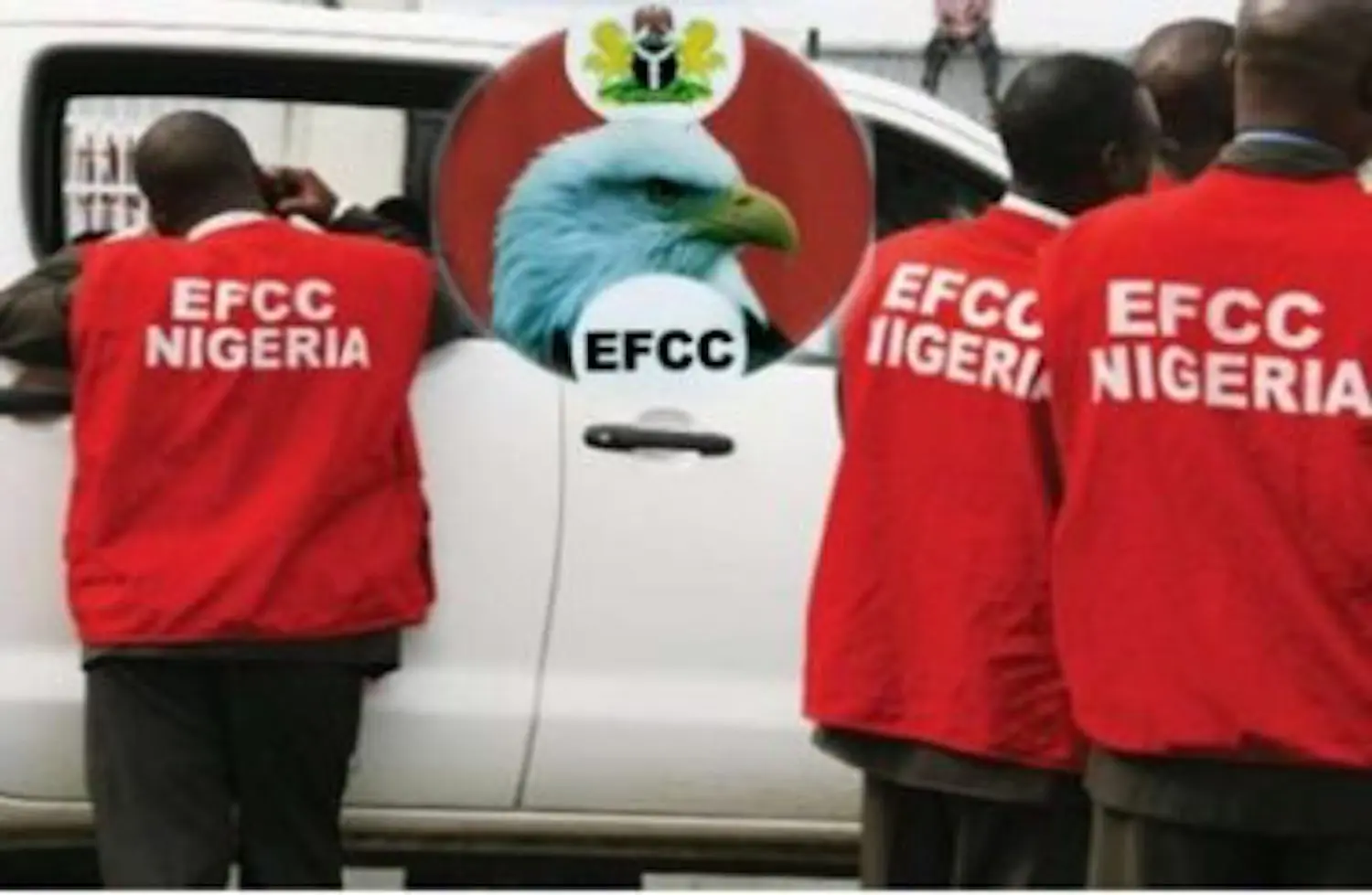The Nigeria Extractive Industries Transparency Initiative (NEITI) has announced a strategic partnership with the Economic and Financial Crimes Commission (EFCC) to facilitate the recovery of $6 billion and ₦66 billion in outstanding revenues owed to the federal government by various oil and gas companies operating in Nigeria.
This collaboration was revealed by NEITI’s Executive Secretary, Ogbonnaya Orji, on Monday during his presentation of the organization’s 2025 budget proposal to the House of Representatives Committee on Petroleum Resources (Upstream). Orji explained that this effort is part of NEITI’s broader mandate to ensure accountability and transparency in Nigeria’s extractive industries.
In NEITI’s September 2024 report, it was disclosed that as of June 2024, the federal government was owed a total of $6.071 billion and ₦66.4 billion by the oil and gas sector. These debts include unpaid royalties, gas flare penalties, and other obligations due to the Nigerian Upstream Petroleum Regulatory Commission (NUPRC) as of August 31, 2024.
Additionally, NEITI highlighted $21.9 million and ₦492.8 million in outstanding petroleum profit taxes, company income taxes, withholding taxes, and Value-Added Tax (VAT), all owed to the Federal Inland Revenue Service (FIRS) as of June 2024. The agency reiterated its commitment to collaborating with relevant authorities to recover these funds and strengthen the nation’s economic stability.
“NEITI is working hand in hand with the EFCC to recover $6 billion and ₦66 billion owed to the federal government of Nigeria, as outlined in our last report published in September 2024 and on October 30 last year,” Orji said. “This recovery process is actively ongoing.”

The Executive Secretary further emphasized that this initiative forms a critical aspect of NEITI’s efforts to promote financial discipline and improve revenue collection mechanisms in the extractive sectors, particularly in light of the country’s current economic challenges.
2025 Budget Presentation
During the budget defense session, Orji presented NEITI’s proposed budget of ₦6.5 billion for 2025. The breakdown of the proposed budget includes ₦2.220 billion allocated for personnel costs, ₦1.722 billion for overhead expenses, and ₦2.575 billion for capital projects. Orji also announced NEITI’s intention to release a comprehensive report on Nigeria’s oil and mining industries in 2025, which aims to provide deeper insights into revenue flows and operational challenges in the sector.
Criticism of Budget Allocations
The proposed budget, however, faced significant scrutiny from members of the House of Representatives, particularly concerning the allocation of ₦32 million for meals. Lawmakers criticized the figure, labeling it as excessive and inconsistent with the country’s economic reality.
Kafilat Ogbara, an All Progressives Congress (APC) representative from Lagos, expressed her concerns, stating, “There is no justification for spending ₦32 million on meals within a year. MDAs should ensure that their budget proposals reflect actual needs and remain focused on their mandates.”
Another lawmaker, Ademorin Kuye, also from Lagos, warned against extravagant allocations, calling for greater prudence in public spending. “The National Assembly will not approve wasteful budgets. Every kobo spent should be accounted for, especially considering the economic challenges facing the nation,” Kuye stated.
The Chairman of the Committee, Alhassan Doguwa, echoed these sentiments, urging MDAs to exercise caution and responsibility in their financial planning. “These proposals are funded by the taxpayers, and some of the amounts presented appear insensitive to the realities of ordinary Nigerians. Transparency and prudence must be prioritized,” he remarked.
Despite these criticisms, Doguwa reaffirmed the Committee’s support for NEITI’s mandate to enhance transparency, accountability, and good governance in Nigeria’s extractive industries. He assured NEITI of the legislature’s cooperation in achieving its goals but urged the agency to streamline its spending and prioritize its core objectives.
This development underscores the ongoing efforts by government agencies to address revenue shortfalls and improve fiscal accountability within the extractive industries, which remain critical to Nigeria’s economic stability and growth.

